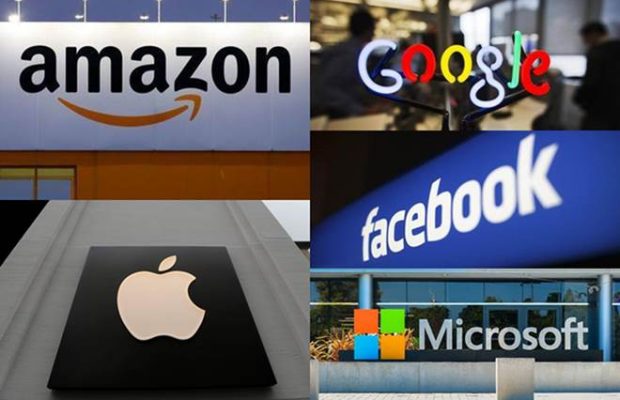According to sources, if big-tech platforms like Google, Meta, and Amazon refuse to disclose such data with a regulator as suggested in the draught National Data Governance Framework, THE GOVERNMENT may consider defining “ownership” of non-personal data stored by those companies unambiguously.

The Ministry of Electronics and Information Technology (MEITY) released a draught framework in May that focuses on obtaining non-personal data from the government and convincing private enterprises to contribute this data for the benefit of start-ups in the nation.
Additionally, the draught suggests creating an India Data Management Office (IDMO), which will be in charge of creating and overseeing the platform that will handle requests, grant access to non-personal information to Indian researchers and start-ups, and serve as the industry’s regulator.
Given that the clause is not legally enforceable, how would the government ensure that private enterprises disclose non-personal data? A senior official responded, “Once we have a functional IDMO, the Government will share all the non-personal data in its possession with it. We will ask private businesses to share certain datasets with the IDMO as a second step. If they decline, the government may investigate who is the rightful owner of such data and how private corporations might assert exclusive control over it.
Non-personal data, in its simplest form, refers to any group of data that does not include personally identifiable information. It could contain aggregated data, such as statistics on the general health of a certain demographic, local temperature and weather patterns, and traffic patterns, among other things.
A MEITY-appointed group led by Infosys co-founder Kris Gopalakrishnan was the first to suggest using aggregated non-personal statistics for economic gain.
The group suggested, in a draught report from January 2021, that specific “high value datasets” be identified and made available to the public in order to promote innovation and protect national security.
A committee member who wished to remain anonymous stated that “communities” should ideally be able to jointly assert certain rights over the data they create on platforms like Google, Amazon, Uber, etc.
Tech firms have so far objected to share non-personal data with the government, claiming that doing so would violate their rights to trade secrets and intellectual property.
Companies gather information about users while providing their services, and the following non-personal information that is utilised to train their algorithms is a value addition that the firm has made. Since their core technologies create value from the raw data that they gather, which aids in eventually making sense of those datasets, corporations should ideally have ownership over non-personal data, according to a senior executive from a leading tech company.
Although businesses have garnered “substantial economic gains” from non-personal data, the government official said that these benefits have not trickled down to users who basically contribute to the generation of this data.
“Companies acquire non-personal data to train their own algorithms after processing personal data, and they eventually monetize such data. As a result, tech corporations have made billions of dollars, the official claimed.
“However, despite the fact that the underlying data in non-personal datasets owned by firms is produced by individuals, the state and citizens do not receive any benefit from it. Who truly profits from such data is still up for debate. In our opinion, the only ones benefiting from it at the moment are the major IT firms, he stated.
